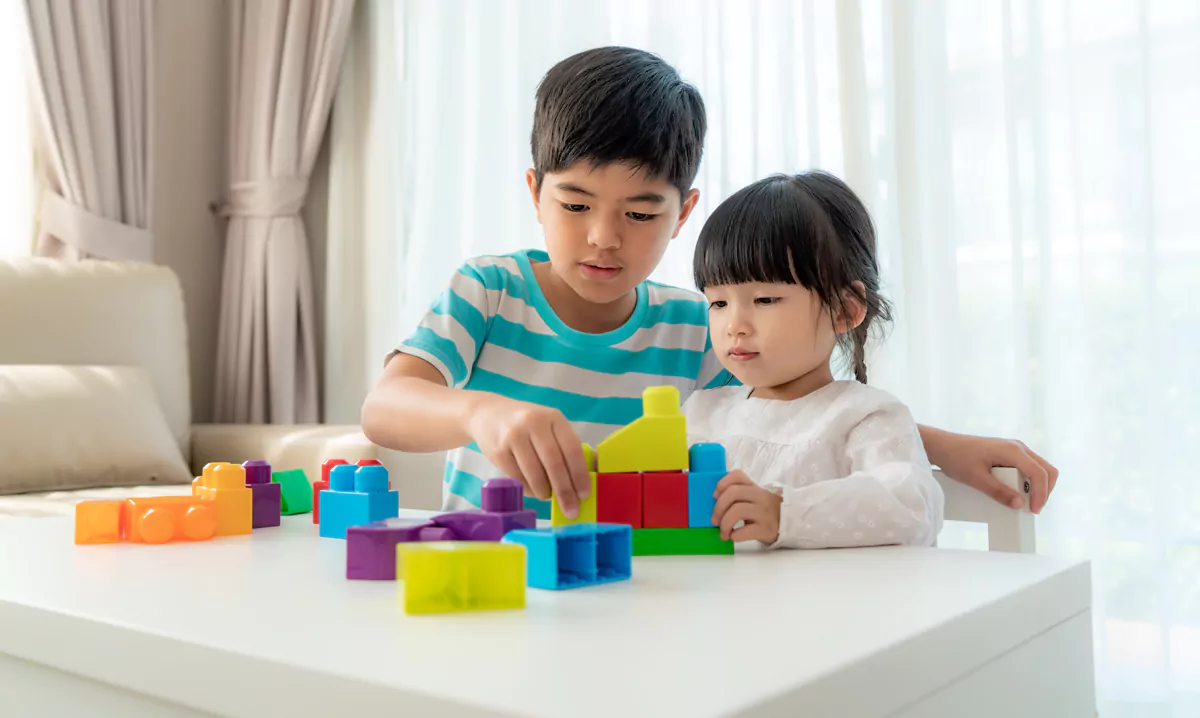Importance Of Developing Social Skills Early In A Child’s Life
In early childhood, there are several factors that determine a child’s ability to form friendships, communicate effectively with others, and engage in play activities. These factors are crucial in developing social competencies that are compatible with promoting well-being and essential for lifelong learning.
Learning to play and interact with others is a fundamental aspect of early childhood development, and it forms the background and essence of learning during these years. Communication is an innate ability that we possess from birth, but as we grow older, we develop the need to communicate and connect with others on a deeper level, exchanging ideas and emotions both verbally and non-verbally. Hence, developing social skills in early childhood is critical.
The importance of developing social skills early in life helps children develop language skills, emotional regulation, empathy, and problem-solving skills. Positive social interactions can also help children build self-esteem and confidence, which can contribute to their overall well-being and success in life.
Focusing on the importance of developing social skills during early childhood plays an important role in maintaining a child’s overall health, well-being, and happiness. Research has shown that social interaction has a significant impact on a child’s cognitive, emotional, and social development.
Parents can play a vital role in developing social skills in children. Encouraging children to participate in playgroup activities, such as sports, clubs, or scheduling playdates, can provide opportunities for socialization and interaction between children of the same age.
Modelling positive social behaviours and providing opportunities for children to practice social skills, such as active listening, sharing, and cooperation can help them develop social intelligence and positive relationships, helping them become confident, happy, and successful individuals.
Why social skills are important?
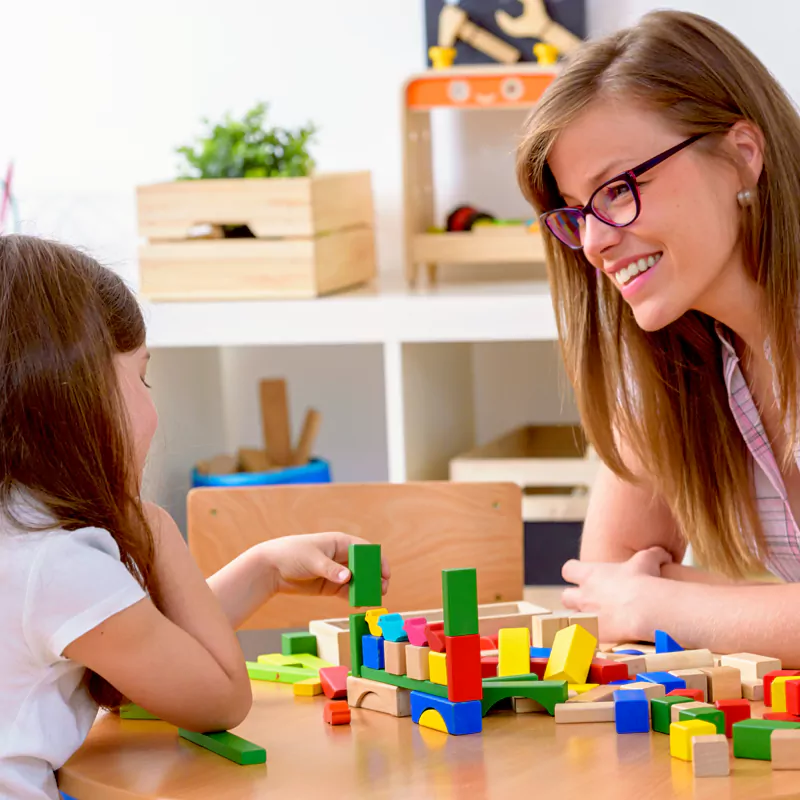
From a very young age, children can start to develop their social skills such as communicating, sharing, taking turns, and cooperating with others. By developing social skills in early childhood, your child will learn how to regulate her emotions, understand the feelings of others, and develop empathy.
Positive social interactions also help children develop self-confidence and self-esteem, which in turn lead to positive mental health outcomes. Children who are able to make friends and establish positive relationships with peers easily, are more likely to feel happy and have a positive outlook on life.
In addition, acquiring good social skills in early childhood will help your child succeed in all kinds of social settings as well as in the workplace and in personal relationships. This is why, developing specific social skills in early childhood is important as these will help your child navigate the challenges and opportunities she will encounter later in her life.
The most effective way to help develop social skills is to first focus on acquiring social, cognitive, and coping-emotional skills. Because, without these types of social skills children will struggle to form meaningful relationships and may experience difficulties in various aspects of their lives.
How to help your child develop good social skills
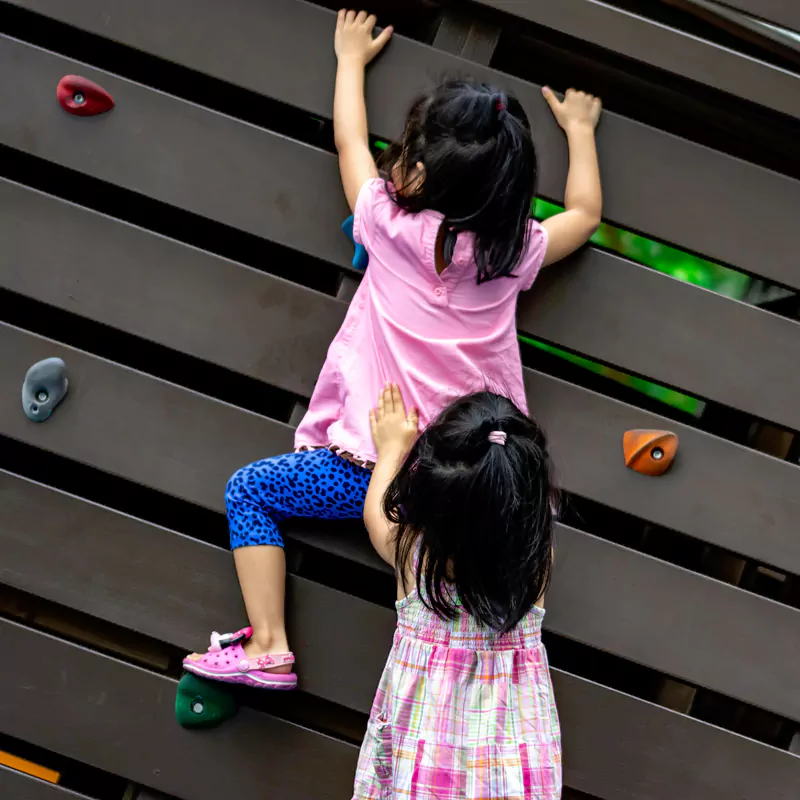
Having good social skills means having the ability to interact effectively with others, communicate clearly, and form positive relationships with peers and adults. Social skills help children to build confidence and self-esteem and to learn how to navigate social situations.
There are many ways parents can help children develop social skills. Here are some suggestions:
1. Encourage playdates:
Schedule playdates with other children to give your child opportunities to develop friendships as well as to interact and practice her social skills.
2. Model good social skills:
Children learn by example, so make sure you model good social skills such as listening, communication, and cooperation.
3. Teach empathy:
Encourage your child to think about other people’s feelings and perspectives, and help her understand that her actions can impact others.
4. Practice problem-solving:
Help your child develop problem-solving skills by encouraging her to come up with solutions to social problems she may encounter.
5. Provide opportunities for teamwork:
Activities like sports or group projects can teach your child the importance of cooperation and teamwork.
6. Teach conflict resolution:
Help your child learn how to resolve conflicts in a constructive way, such as by listening to the other person’s perspective and finding a compromise.
By providing opportunities for your child to interact with others, modelling good social skills, and teaching important skills like empathy and conflict resolution takes time, patience and practice.
How to help your child acquire cognitive skills
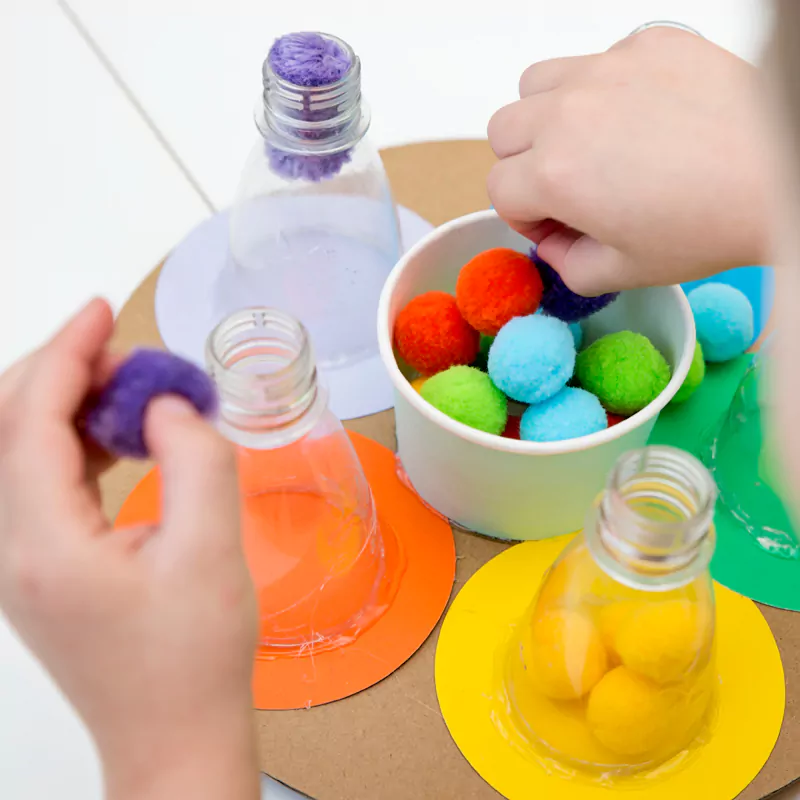
Acquiring cognitive skills means helping your child develop the ability to think, reason, and solve problems. Cognitive skills help children to develop critical thinking skills, to understand complex concepts, and to apply their knowledge when facing new situations and circumstances.
You can support your child’s cognitive development by providing opportunities for her to practice thinking skills through play and when doing and completing everyday tasks. Learning new skills in a socially acceptable manner is crucial and you as parents can achieve this by interacting with your child by talking, playing together and taking turns.
Physical stimulation is very important for brain development, so make it a point to create opportunities for your child to move about and explore. Visit museums and exhibitions, try working on different arts and crafts projects, and encourage curiosity by looking up answers to questions together.
Boardgames, such as Monopoly are fun ways to teach turn-taking, planning and counting skills. By assigning age-appropriate chores you will help your child learn to be responsible and boost her self-esteem. As your child grows, encourage her to share her ideas and thoughts, and listen to and respect her point of view.
Providing choices and encouraging problem-solving skills are also important ways to promote cognitive development. Allowing children to make decisions and explore different solutions can help your child develop her critical thinking skills and creativity.
It is important to strike a balance between providing guidance and allowing your child to learn through trial and error, as this can help her develop confidence and help build resourcefulness, and resilience and increases independence.
More importantly, you can start to build cognitive skills by talking with your child even when she is a baby. Letting her explore, sing and read to her, then expand on what interests her the most. These interactions not only provide opportunities for your child to learn new words, concepts, and skills but also promote social-emotional development and strengthen the bond between you and her.
Fostering cognitive development in children requires ongoing engagement, patience, and a willingness to adapt to your child’s changing needs and interests. So continue to provide your child with a rich and stimulating environment that promotes her cognitive development.
How to help your child build effective coping mechanisms
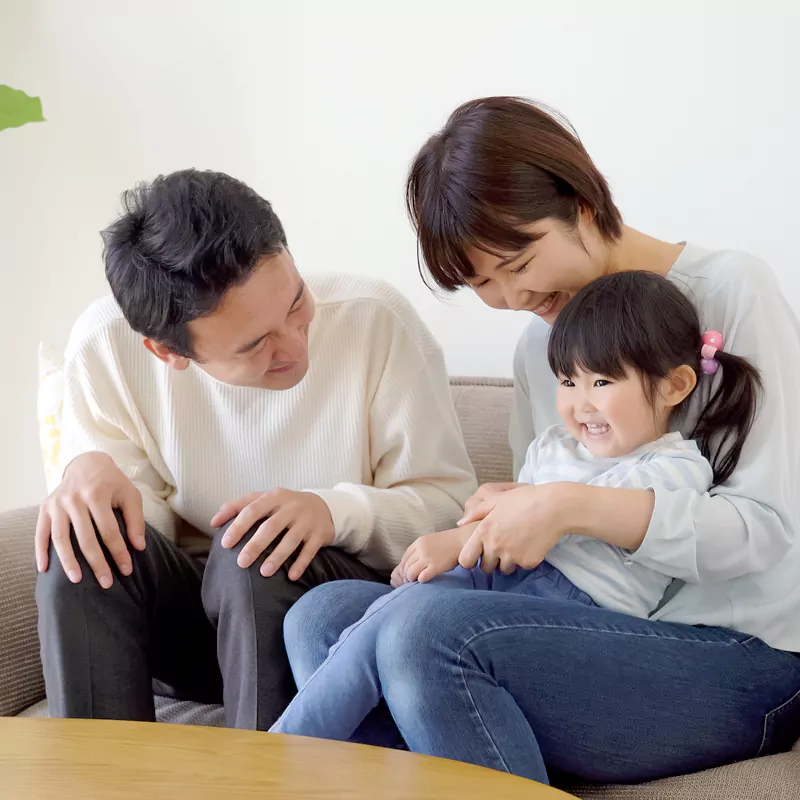
Just like you feel stressed, worried, frustrated, confused, and disconnected sometimes, your child too will have similar feelings, although she may display them differently. Remember, your child looks to you for guidance on how to react to stressful event.
Building coping-emotional skills means having the ability to manage emotions, cope with stress and adversity, and develop resilience. Coping-emotional skills help children to handle challenging situations, to build self-awareness and self-regulation, and to develop a positive outlook on life.
Talking with your child about her emotions, and fears, doing relaxation activities with her, and giving her a sense of comfort can help reduce anxiety. Always try to calm your child down, manage her feelings, and help her feel more secure.
- Read books and tell stories
- Play with toys and building blocks
- Sing songs and play musical instruments
- Do simple arts and crafts activities, such as drawing or painting
- Play outside and exploring nature together
- Pretend to be different characters and engage in imaginative play
- Engage in sensory activities, such as playing with playdough or just water
- Help you with simple household chores, such as setting the table or simply watering plants
The most important thing to do is to spend quality time with your child and have fun together. Encouraging her creativity, imagination and social skills will help her to navigate the world and grow into a well-rounded and wonderful human being.
About My Gym
My Gym involves children in dynamic games, physical activity and movement that help in building neural networks in the brain. Customizing its enrichment programs and social skill building workshops makes it easier for children to acquire effective social skills, navigate complex social situations, and nurture their overall emotional development.
Please visit any of our centres to learn more about how My Gym supports “whole-child development” through bespoke activities. Choose a day when you will be relatively free and come over with your child in tow. Your child could be an infant (as young as 6 months), a toddler or a preschooler, age is not a bar for enrolling.
My Gym has perfected the art of social skill development in early childhood. It has specially designed programs that will lay a firm foundation for acquiring social skills, academic achievement and future growth by involving your child in age-appropriate structured and unstructured physical activities and developing thinking and problem-solving skills.
Please note: My Gym classrooms are thoroughly sanitized every day — the tables, the chairs, the children’s activity stations and everything else the child might touch is made safe and clean. Please wear a mask, wash your hands frequently, and practice social distancing.



